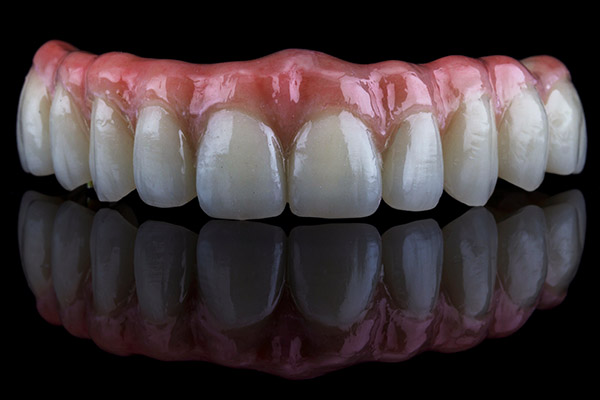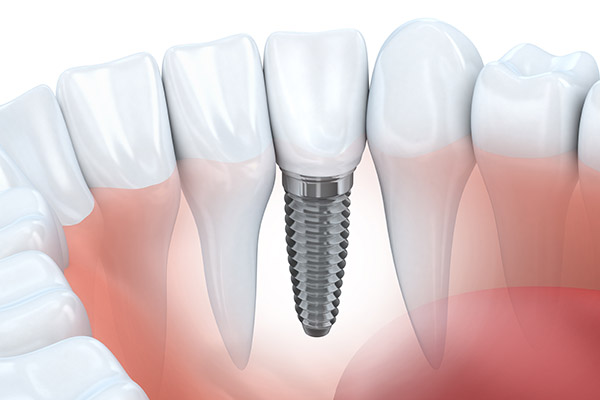FAQs About Tooth Extraction

When a natural tooth cannot be saved and is no longer viable, tooth extraction is often the only option. Although no one wishes to have a tooth removed, educating yourself on the process may help to alleviate some of the anxiety associated with extractions. Whether a tooth needs to be extracted due to tooth decay, injury or complications from gum disease, it is helpful to know the answers to the most common questions before going forward with the procedure.
Frequently asked questions about tooth extraction
These are the most frequently asked questions encountered pertaining to tooth extractions:
Will the extraction hurt?
During the procedure, local anesthesia is used to numb the tooth prior to extraction. This is meant to dull any pain while the procedure is taking place. Many teeth that need to be extracted have nerves that are dead or dying, which means the tooth may not be able to send pain signals out. For this reason, the actual tooth may not feel any pain — but the tissue and jawbone around it can still hurt. The anesthesia should be able to lessen this pain.
Will I be prescribed medication?
After the procedure, the pain may set in. Over-the-counter painkillers should do well to lessen the pain while the area heals. The dentist may prescribe painkillers if the surgery is expected to be complicated. An antibiotic is usually prescribed to prevent infection.
It is recommended to take over-the-counter painkillers like ibuprofen immediately following the procedure (while still numb) to get ahead of any discomfort as the anesthesia wears off.
What is the recovery period like?
Dentists will provide detailed instructions for at-home care after the tooth extraction. Each extraction is different, and the dentist will work with the patient and oral surgeon to produce tailored instructions that are unique to each case. Follow these guidelines precisely to cut down recovery time and increase personal comfort.
Can I go back to work after the extraction?
After an extraction, the day should be spent relaxing and healing. Cheek swelling on the side of the extraction is common and can change the shape of the face for a short period of time. This swelling may make it harder to speak, eat and smile. Exercising, bending over and lifting heavy objects is prohibited during the three days immediately following surgery.
Will I get stitches?
Yes, the surgical site will be stitched up to prevent infection and promote healing. Some stitches dissolve on their own gradually, but often the stitches will need to be removed at a later date.
How long does the pain last?
After any tooth extraction, there will likely be some level of pain. This should go away within one week. If the pain does not go away on its own, a dry socket could be the root cause. Contact your dentist right away if this occurs.
What can I eat?
Liquid diets are recommended directly following a tooth extraction surgery, for the first three days. After that, semi-liquid foods can be introduced back into the diet. Do not use straws, as these can dislodge any dressing from the wound and cause a dry socket.
Need an extraction?
We can help you through your tooth extraction. Call our office today to set up an appointment — our friendly, highly trained dentists are ready to help, always with your comfort in mind.
Request an appointment here: https://atlantapamperedsmiles.com or call Pampered Smiles at (404) 891-9489 for an appointment in our Atlanta office.
Check out what others are saying about our services on Yelp: Read our Yelp reviews.
Recent Posts
When it comes to replacing missing front teeth, there are options available. This article reviews some popular tooth replacement options so you can preserve your smile and your health. Due to their position, losing front teeth may undermine your self-esteem and make you less inclined to smile for photographs. However, it is about more than…
Many circumstances might cause you to look into replacing a missing tooth, regardless of your age. Those who do not take care of their teeth and gums are at particularly high risk for tooth loss, as both gum disease and decay can damage gums, tooth roots, and teeth. Cavities can lead to significant damage, as…
Dental crowns are a common restorative solution that protects damaged teeth, improves appearance, and restores proper function. The placement process follows a common step-by-step restoration. Understanding this process can help alleviate any uncertainty you may have before an upcoming appointment and prepare you for what you can expect. Each stage of the dental crown placement…
Implant overdentures may be the best investment when it comes to options for replacing missing teeth. Although you have many options for replacing missing teeth, implant overdentures may be the right option for you. Implant overdentures are known as “snap-on dentures” because the denture connects to the implant via a snap assembly in which a…


